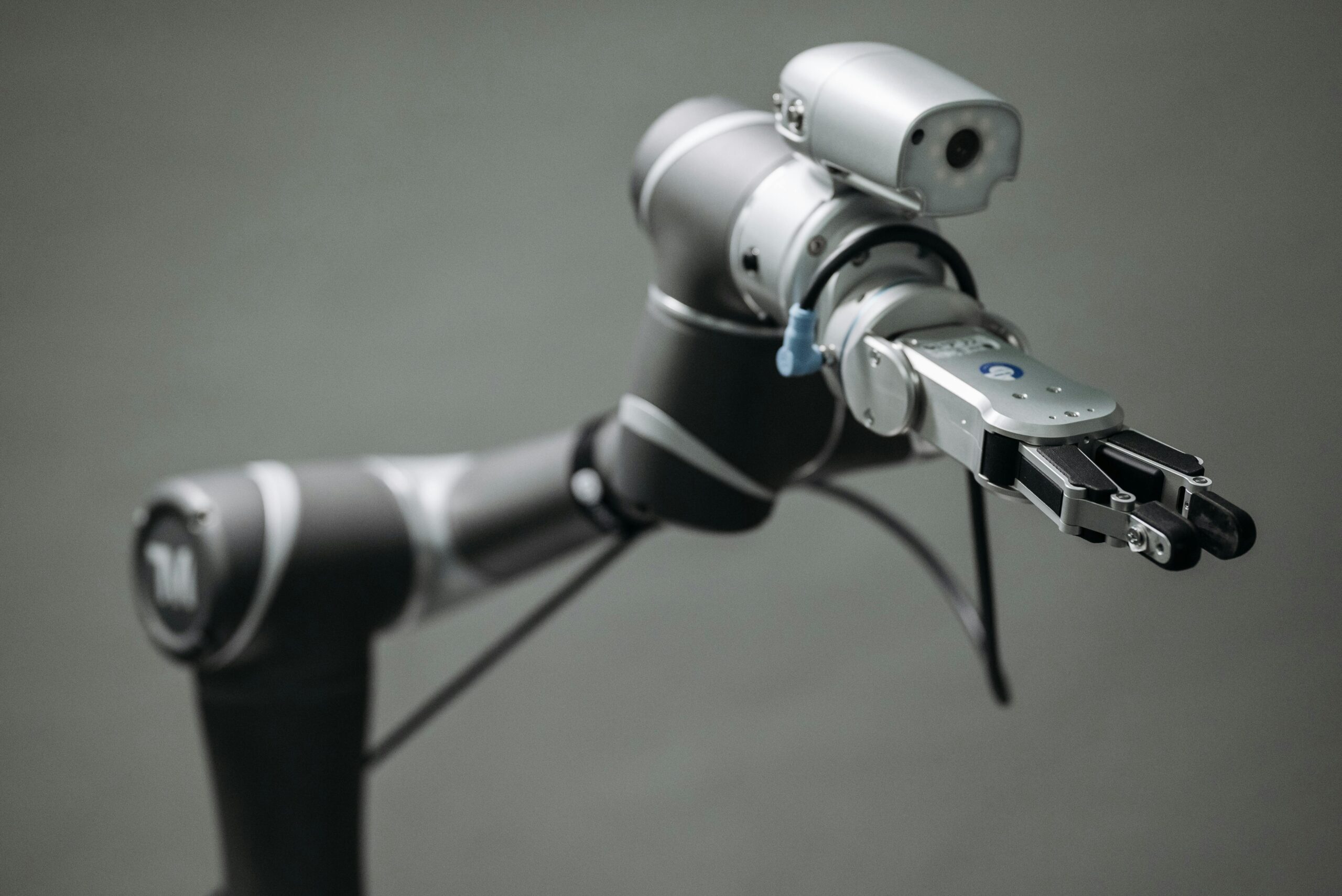In the grand tapestry of technological advancement, few threads are as intricate and transformative as artificial intelligence (AI). As AI continues to permeate every aspect of our lives, from healthcare to finance, the question of its reliability becomes paramount. How dependable is AI, and how does it intersect with the efforts of human beings? Let’s delve deep into this complex and nuanced relationship.
Understanding AI Reliability: AI, at its core, is a tool—a sophisticated amalgamation of algorithms, data, and computational power designed to emulate human intelligence. Its reliability hinges on several factors:
1. Data Quality
The reliability of AI systems heavily relies on the quality and diversity of the data they are trained on. Biased or incomplete data can lead to flawed outcomes, highlighting the importance of robust data collection and preprocessing techniques. Moreover, as AI systems evolve and adapt, ongoing data quality management becomes crucial to maintain reliability.
2. Algorithm Design
The efficacy of AI algorithms determines their reliability in solving specific tasks. Rigorous testing, validation, and optimization are essential to ensure that algorithms perform accurately across diverse scenarios. Additionally, advancements in algorithmic transparency and interpretability empower users to scrutinize AI decisions, enhancing overall reliability.
3. Interpretability
Transparent AI models are more reliable, as they allow users to understand how decisions are made. Interpretability fosters trust and facilitates human-AI collaboration, especially in critical domains like healthcare and finance. Techniques such as explainable AI (XAI) enable stakeholders to interpret and validate AI outputs, mitigating risks associated with black-box systems.
4. Ethical Considerations
The reliability of AI extends beyond technical aspects to ethical dimensions. Ethical AI frameworks, such as fairness, accountability, and transparency (FAT), mitigate risks associated with biased or discriminatory outcomes. Moreover, proactive measures, such as bias detection algorithms and diversity-aware training data, promote ethical AI practices and enhance overall reliability.
The Symbiosis of AI and Human Effort;
While AI offers unprecedented capabilities, its true potential is realized in collaboration with human expertise and effort. Here’s how humans augment AI reliability:

1. Human Oversight
Human oversight is crucial for monitoring AI systems, detecting errors, and ensuring alignment with ethical standards. Human-in-the-loop approaches enable continuous feedback loops that improve AI reliability over time. Moreover, human intervention provides safeguards against unforeseen circumstances and ensures AI operates within predefined boundaries.
2. Domain Expertise
Human domain experts provide contextual knowledge and intuition that complement AI’s analytical prowess. In fields like medicine and law, human expertise is indispensable for interpreting complex data and making informed decisions. Additionally, interdisciplinary collaboration between AI specialists and domain experts enriches problem-solving approaches and enhances the reliability of AI solutions.
3. Creativity and Innovation:
AI excels at routine tasks and pattern recognition, but human creativity remains unparalleled. Human creativity drives innovation, enabling the development of novel AI applications and solutions to emerging challenges. By harnessing human creativity, AI systems can adapt to dynamic environments and address complex problems with agility and ingenuity
4. Emotional Intelligence:
While AI can analyze data and automate processes, it lacks emotional intelligence and empathy.
Achieving Harmony
The reliability of AI is not a dichotomy of man versus machine but rather a harmonious integration of human ingenuity and technological prowess. By leveraging the strengths of both humans and AI, we can navigate the complexities of the modern world with confidence and foresight. Continuous collaboration, interdisciplinary dialogue, and ethical stewardship are essential for fostering trust, transparency, and reliability in AI systems.
Conclusion:
In the journey towards harnessing the full potential of AI, reliability emerges as a cornerstone of progress. By fostering collaboration, transparency, and ethical stewardship, we can ensure that AI serves as a reliable ally in our quest for innovation and prosperity. As we embrace the symbiosis of human effort and artificial intelligence, let us remember that the true measure of reliability lies not in the capabilities of machines alone but in our collective ability to wield technology responsibly for the betterment of society.
